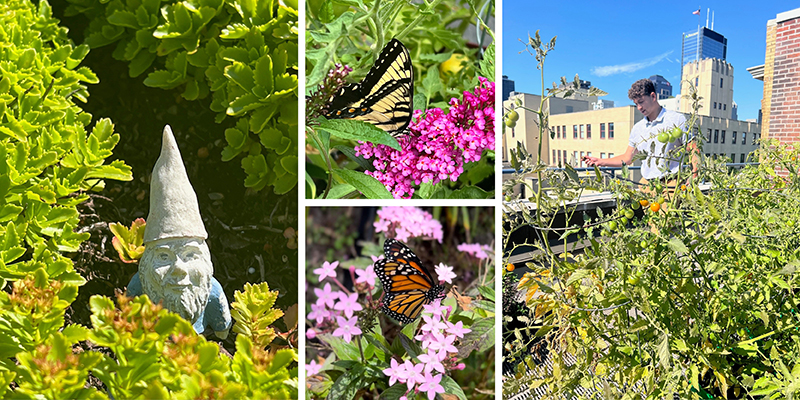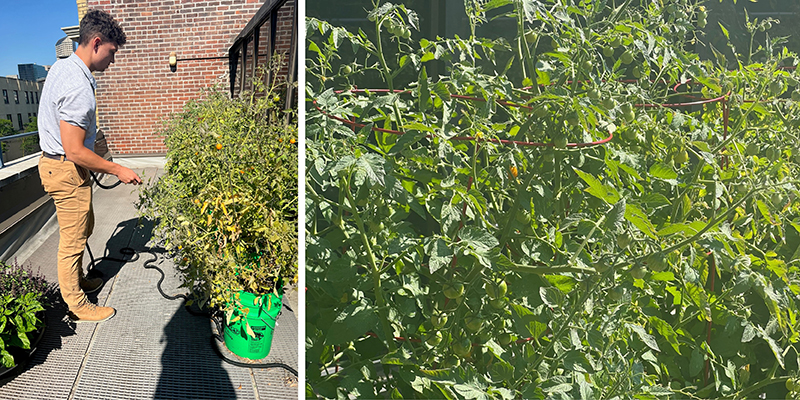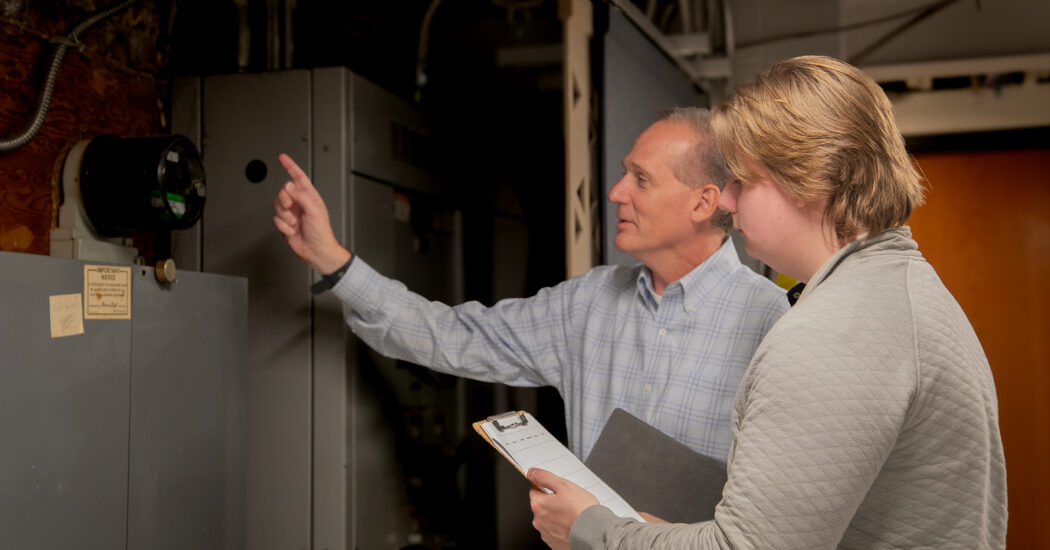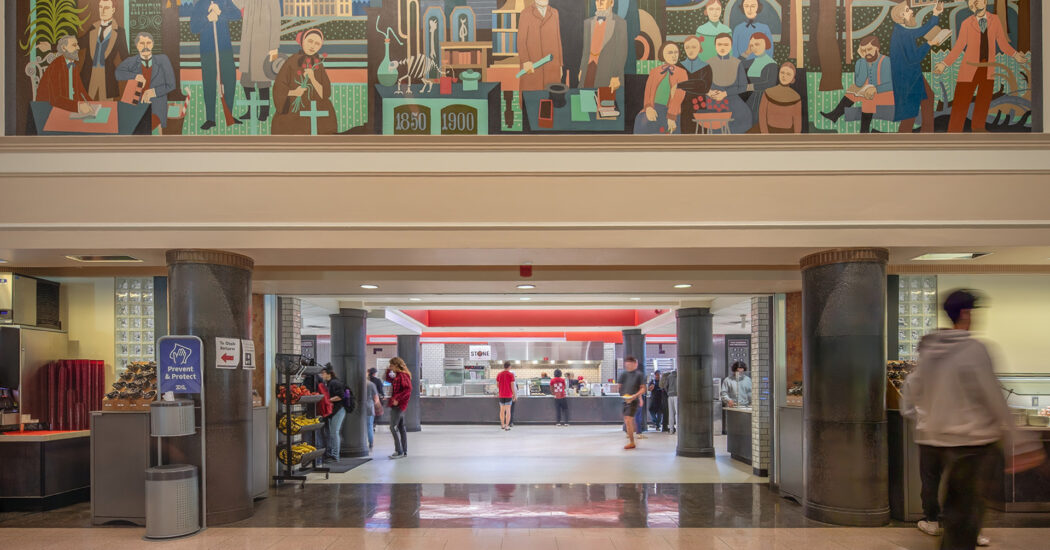Sustaining Nature With Green Rooftop Gardens: How Schmidt Associates is Contributing to Innovative Urban Landscapes
-
Category
Innovation, Careers + Culture -
Posted By
Schmidt Associates -
Posted On
Jul 13, 2023
Green spaces are a precious commodity in the concrete jungles of our modern cities. As urbanization continues to rise, finding innovative solutions to combat the loss of nature becomes imperative. Rooftop gardens, also known as green roofs, have emerged as a revolutionary concept that merges urban development with the wonders of nature. These elevated oases provide numerous benefits to the environment, human well-being, and urban ecosystems. As a full-service A/E firm, Schmidt Associates regularly advocates for sustainability with Owners through its project work, and in 2012, decided to practice what they preach through the investment of rooftop gardens for employees. Let’s delve into the enchanting world of rooftop gardens and explore their beauty, advantages, and the steps involved to create these green havens.

Rooftop gardens redefine urban landscapes by introducing lush greenery into the skyline. They transform otherwise unused spaces into vibrant gardens that enhance the aesthetic appeal of buildings while contributing to the surrounding environment. From simple herb gardens to elaborate landscapes, rooftop gardens offer endless possibilities for creativity and self-expression. The Schmidt Associates rooftop paradise includes tomatoes and cucumbers grown by Senior Architect Tom Ning and Sustainability Advocate Craig Flandermeyer, who carefully cultivate the landscape to produce a bountiful harvest. In past years, honeybees have also graced the gardens, producing enough product for employees and their families.
“Typically, at the end of the summer, I’ll make salsa from some of the tomatoes and peppers for employees to enjoy,” Flandermeyer said. “Depending on the harvest yield, produce is also available to employees, and has been used for other creative fundraising efforts.”

Beyond the delicious benefits produced by the rooftop garden, other opportunities include a reduction in the heat island effect that leads to the formation of “urban heat islands.” Acting as a natural coolant by absorbing solar radiation and reducing the surface temperature of buildings, rooftop gardens release moisture through evapotranspiration, further cooling the air and minimizing the need for energy-intensive air conditioning. Air quality is also vastly improved because plants naturally filter pollutants, and rooftop gardens capture airborne toxins and dust particles. Additionally, green roofs act as effective stormwater management systems by absorbing rainwater and reducing runoff. Finally, green roofs can provide vital wildlife habitats or a peaceful backdrop for employees enjoying lunch or taking a meeting outside.
“It’s true that spending time in nature reduces stress and improves work quality and mental well-being,” Ning said. “Our rooftop garden offers that peaceful sanctuary for relaxation and a connection to nature. But best of all, the fruitfulness from our garden is enhancing sustainability and helping to teach our employees how to access fresh, organic food. That’s a great lesson for anyone.”

Before creating the rooftop garden, Flandermeyer and a team of landscape architects evaluated the structural capacity of the building and structural engineers determined the feasibility and safety of the project. Waterproofing was done to prevent leaks and damage, and a drainage system was installed to manage excess water and prevent waterlogging.
Abundant sun and low wind on the rooftop has allowed vegetables in pots to thrive. With recent rains and help from interns who water, prune, fertilize and monitor for pests regularly, the health and vitality of the rooftop garden is high.
“Working at Schmidt Associates and learning more about sustainability beyond building design has been a great educational opportunity,” Architectural intern Joey Geibel said. “We often discuss the benefits, but very few workplaces actually put that to work for everyone’s gain.”
Rooftop gardens are a testament to human innovation and the ability to harmonize urban development with nature. By transforming barren rooftops into vibrant green spaces, these gardens provide numerous community benefits to transform cities into greener, more sustainable, and livable environments.







